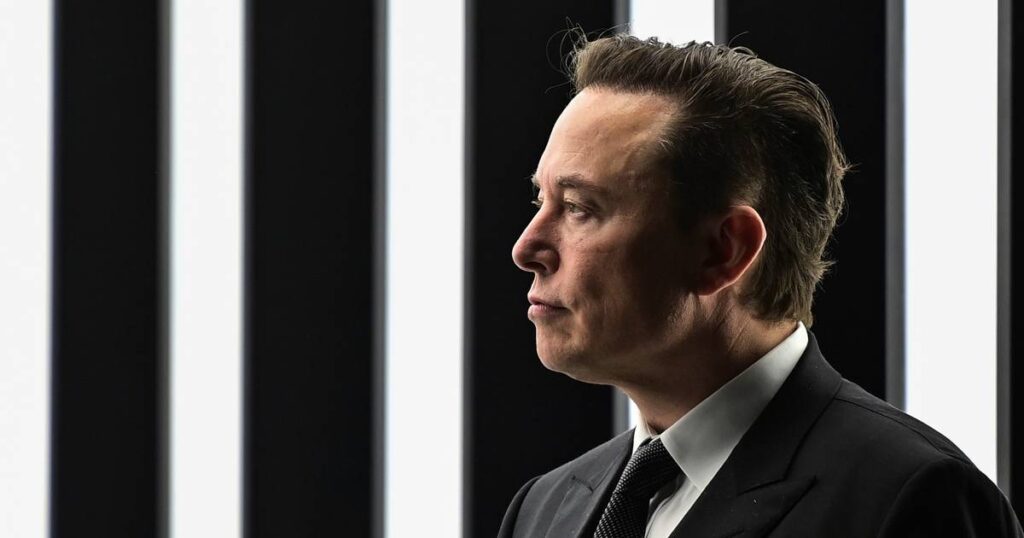As he starts his first week as the owner of the social media network, the billionaire Elon Musk is already mulling over significant improvements for Twitter, but he also faces significant obstacles.
According to a company filing with the Securities and Exchange Commission, Twitter’s new owner dismissed the board of directors and replaced them with himself as the only member of the board.
Additionally, he is experimenting with charging users for verification.
How much would people be willing to pay for the blue check mark that Twitter has previously used to verify higher-profile accounts so that other users know it’s really them? was the question posed in a survey that a venture capitalist working with Musk tweeted.
The verified account of Musk responded, “Interesting.
The mark, which is frequently given to journalists, politicians, businessmen, and celebrities, has been mocked by critics as an exclusive status symbol.
But Twitter also uses the blue check mark to verify activists and people who suddenly find themselves in the news, as well as little-known journalists at small publications around the globe, as an extra tool to curb misinformation coming from accounts that are impersonating people.
In response to a user’s request for assistance in becoming verified, Musk tweeted, “The entire verification procedure is being redone right now.”
Prince Alwaleed bin Talal, a billionaire Saudi, and his Kingdom Holding Company rolled over a combined US$1. 89 billion ($NZ3. 25 billion) in Twitter shares on Friday (local time), making them the company’s second-largest shareholders behind Musk.
Some legislators, notably Connecticut senator and Democrat Chris Murphy, expressed anxiety over the announcement.
Murphy stated in a tweet that he has asked the Committee on Foreign Investment, which evaluates foreign buyers’ purchases of US companies, to look into the potential national security ramifications of the kingdom’s investment in Twitter.
Murphy tweeted that it was concerning that Saudi Arabia was now the second-largest owner of a significant social media platform and that they had a “clear interest in repressing political speech and having an impact on US politics.”
“CFIUS should conduct a review” because a clear national security issue is involved.
Musk fires the board and offers paid Twitter verification.

